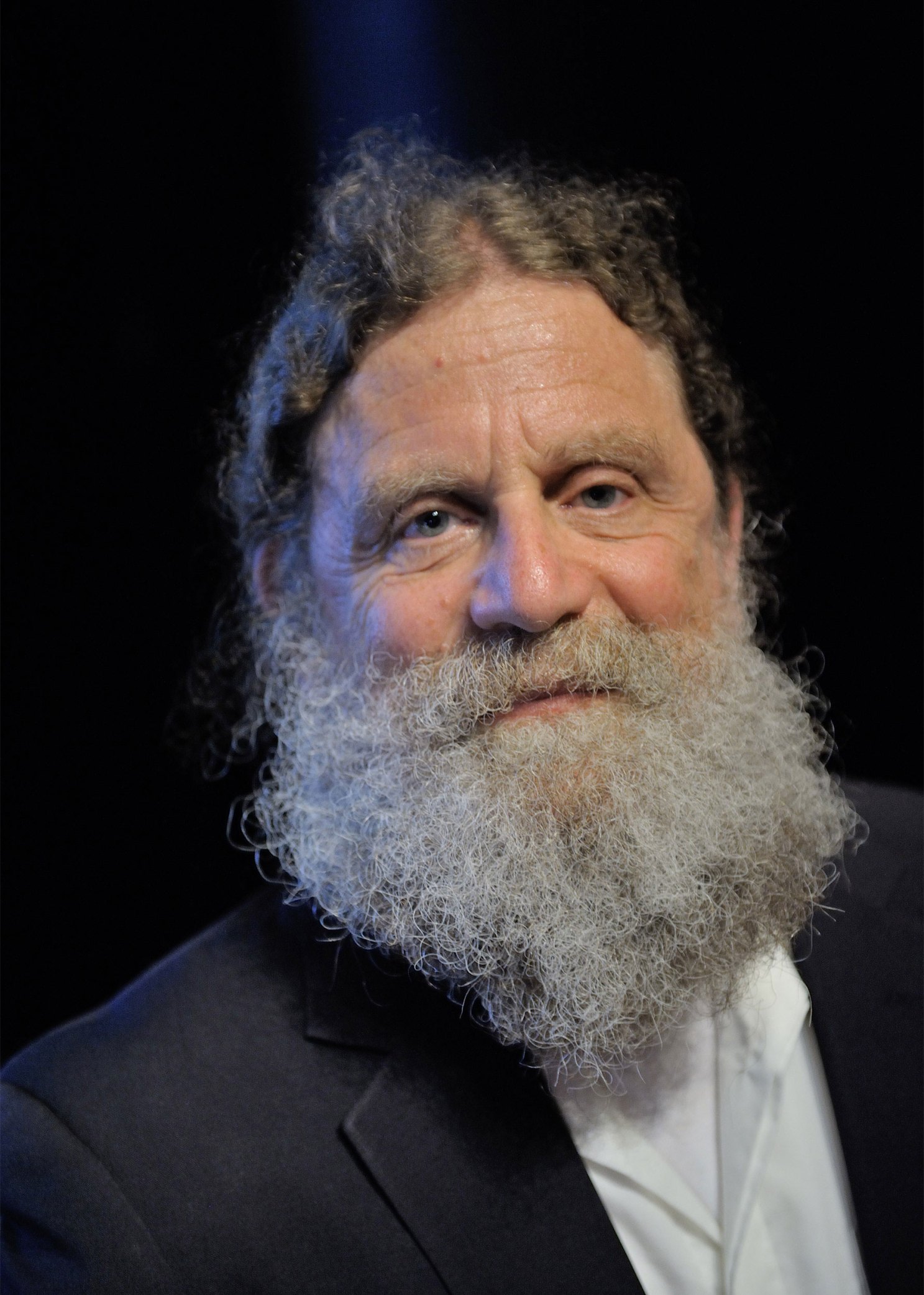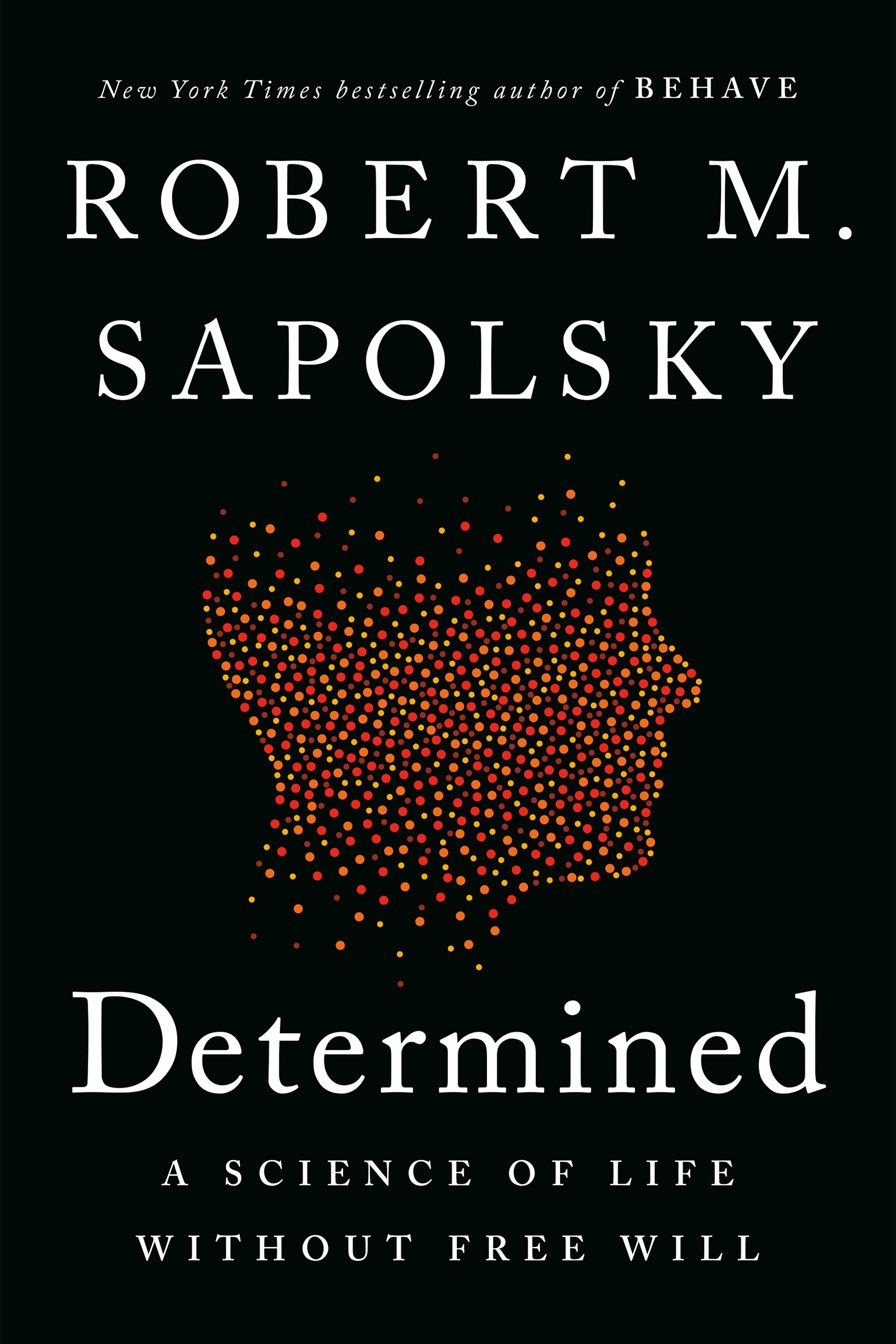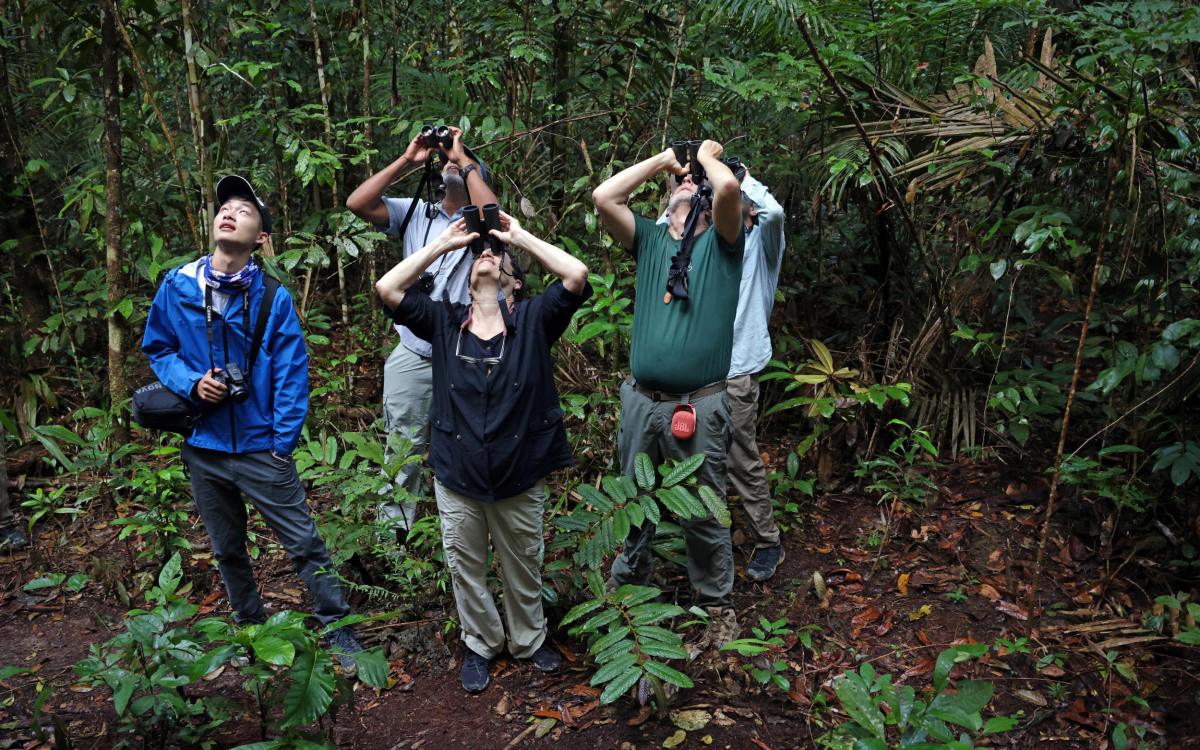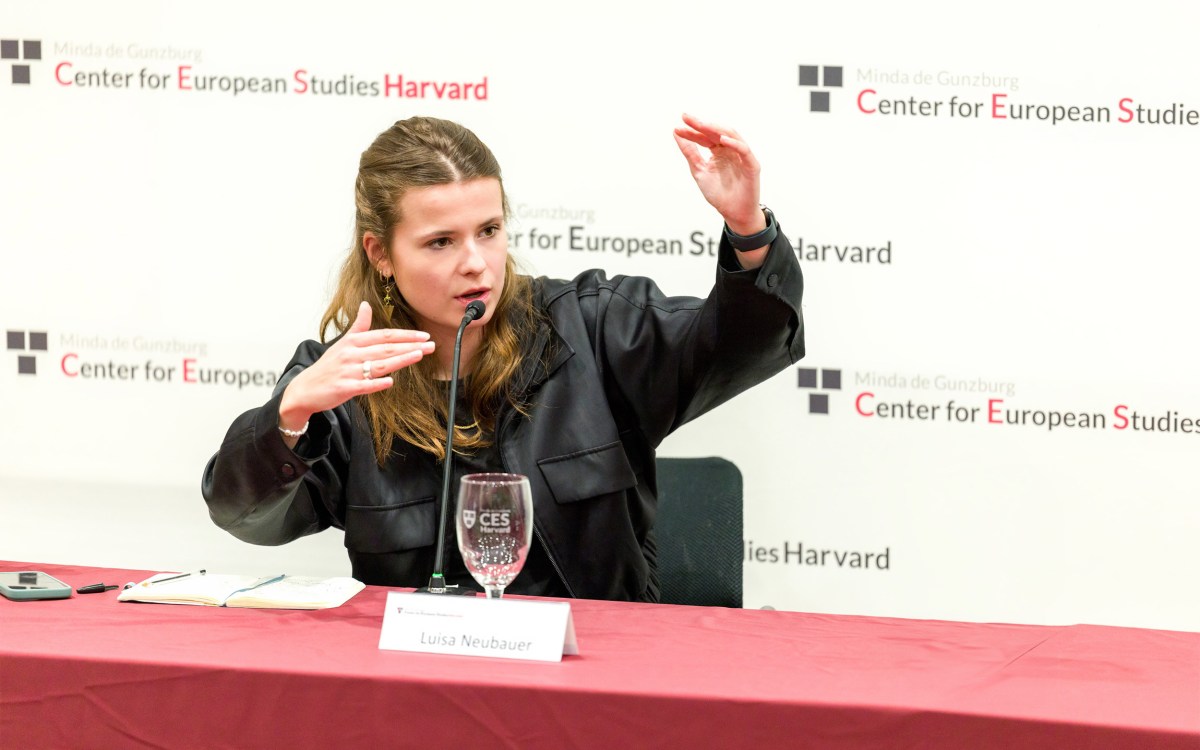
Photo by Thompson McClellan Photography
You did it of your own free will? No such thing.
Neuroscientist Robert Sapolsky says every decision, action you make is result of chain of genes, biology, experience that preceded it
Excerpted from “Determined: A Science of Life Without Free Will” by Robert M. Sapolsky ’78.
When I was in college, my friends and I had an anecdote that we retold frequently; it went like this (and our retelling was so ritualistic that I suspect this is close to verbatim, 45 years later):
So, it seems that William James was giving a lecture about the nature of life and the universe.
Afterward, an old woman came up and said, “Professor James, you have it all wrong.”
To which James asked, “How so, madam?”
“Things aren’t at all like you said,” she replied. “The world is on the back of a gigantic turtle.”
“Hmm.” said James, bemused. “That may be so, but where does that turtle stand?”
“On the back of another turtle,” she answered.
“But madam,” said James indulgently, “where does that turtle stand?”
To which the old woman responded triumphantly: “It’s no use, Professor James. It’s turtles all the way down!”

Oh, how we loved that story, always told it with the same intonation. We thought it made us seem droll and pithy and attractive.
We used the anecdote as mockery, a pejorative critique of someone clinging unshakably to illogic. We’d be in the dinner hall, and someone had said something nonsensical, where their response to being challenged had made things worse. Inevitably, one of us would smugly say, “It’s no use, Professor James!” to which the person, who had heard our stupid anecdote repeatedly, would inevitably respond, “Screw you, just listen. This actually makes sense.”
While it may seem ridiculous and nonsensical to explain something by resorting to an infinity of turtles all the way down, it actually is much more ridiculous and nonsensical to believe that somewhere down there, there’s a turtle floating in the air. The science of human behavior shows that turtles can’t float; instead, it is indeed turtles all the way down.
Someone behaves in a particular way. Maybe it’s wonderful and inspiring, maybe it’s appalling, maybe it’s in the eye of the beholder, or maybe just trivial. And we frequently ask the same basic question: Why did that behavior occur?
If you believe that turtles can float in the air, the answer is that it just happened, that there was no cause besides that person having simply decided to create that behavior. Science has recently provided a much more accurate answer, and when I say “recently,” I mean in the last few centuries. The answer is that the behavior happened because something that preceded it caused it to happen. And why did that prior circumstance occur? Because something that preceded it caused it to happen. It’s antecedent causes all the way down, not a floating turtle or causeless cause to be found. Or as Maria sings in “The Sound of Music,” “Nothing comes from nothing, nothing ever could.”
Explaining why that behavior occurred requires recognizing how during your adolescence a key brain region was still being constructed, shaped by socialization and acculturation.
To reiterate, when you behave in a particular way, which is to say when your brain has generated a particular behavior, it is because of the determinism that came just before, which was caused by the determinism just before that, and before that, all the way down. It’s a chain that begins with the biology over which you had no control, interacting with environment over which you had no control, and how it all made you you. And when people claim that there are causeless causes of your behavior that they call “free will,” they have (a) failed to recognize or not learned about the determinism lurking beneath the surface and/or (b) erroneously concluded that the rarefied aspects of the universe that do work indeterministically can explain your character, morals, and behavior.
Once you work with the notion that every aspect of behavior has deterministic, prior causes, you observe a behavior and can answer why it occurred: as just noted, because of the action of neurons in this or that part of your brain in the preceding second. And in the seconds to minutes before, those neurons were activated by a thought, a memory, an emotion, or sensory stimuli. And in the hours to days before that behavior occurred, the hormones in your circulation shaped those thoughts, memories, and emotions and altered how sensitive your brain was to particular environmental stimuli. And in the preceding months to years, experience and environment changed how those neurons function, causing some to sprout new connections and become more excitable, and causing the opposite in others.
And from there, we hurtle back decades in identifying antecedent causes. Explaining why that behavior occurred requires recognizing how during your adolescence a key brain region was still being constructed, shaped by socialization and acculturation. Further back, there’s childhood experience shaping the construction of your brain, with the same then applying to your fetal environment. Moving further back, we have to factor in the genes you inherited and their effects on behavior.
But we’re not done yet. That’s because everything in your childhood, starting with how you were mothered within minutes of birth, was influenced by culture, which means as well by the centuries of ecological factors that influenced what kind of culture your ancestors invented, and by the evolutionary pressures that molded the species you belong to. Why did that behavior occur? Because of biological and environmental interactions, all the way down.
My goal isn’t to convince you that there’s no free will; it will suffice if you merely conclude that there’s so much less free will than you thought that you have to change your thinking about some truly important things.
Those are all variables that you had little or no control over. You cannot decide all the sensory stimuli in your environment, your hormone levels this morning, whether something traumatic happened to you in the past, the socioeconomic status of your parents, your fetal environment, your genes, whether your ancestors were farmers or herders. Let me state this most broadly: We are nothing more or less than the cumulative biological and environmental luck, over which we had no control, that has brought us to any moment.
My goal isn’t to convince you that there’s no free will; it will suffice if you merely conclude that there’s so much less free will than you thought that you have to change your thinking about some truly important things.
For instance, imagine a university graduation ceremony. Almost always moving, despite the platitudes, the boilerplate, the kitsch. The happiness, the pride. The families whose sacrifices now all seem worth it. The graduates who were the first in their family to finish high school. The ones whose immigrant parents sit there glowing, their saris, dashikis, barongs broadcasting that their pride in the present isn’t at the cost of pride in their past.
And then you notice someone. Amid the family clusters post ceremony, the new graduates posing for pictures with Grandma in her wheelchair, the bursts of hugs and laughter, you see the person way in the back, the person who is part of the grounds crew, collecting the garbage from the cans on the perimeter of the event.
Randomly pick any of the graduates. Do some magic so that this garbage collector started life with the graduate’s genes. Likewise for getting the womb in which nine months were spent and the lifelong epigenetic consequences of that. Get the graduate’s childhood as well — one filled with, say, piano lessons and family game nights, instead of, say, threats of going to bed hungry, becoming homeless, or deported for lack of papers. Let’s go all the way so that, in addition to the garbage collector having gotten all that of the graduate’s, the graduate would have gotten the garbage collector’s past. Trade every factor over which they had no control, and you will switch who would be in the graduation robe and who would be hauling garbage cans. This is what I mean by determinism.
And why does this matter? Because we all know that the graduate and the garbage collector would switch places. And because, nevertheless, we rarely reflect on that sort of fact; we congratulate the graduate on all she’s accomplished and move out of the way of the garbage guy without glancing at him.
Reprinted by arrangement with Penguin Press, a member of Penguin Group (USA) LLC, A Penguin Random House Company. Copyright © Robert M. Sapolsky, 2023.




